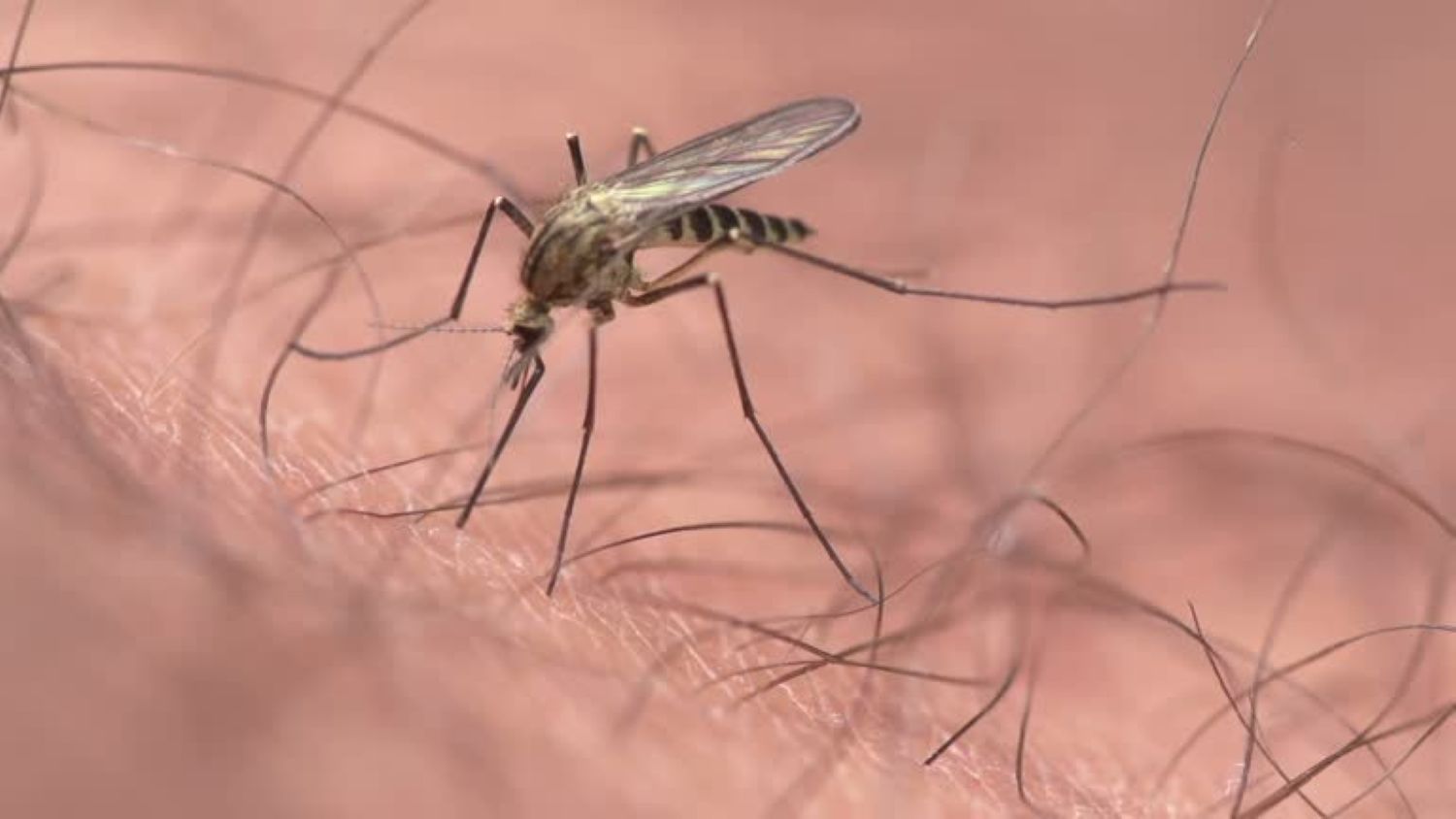The Department of Health has warned all travellers and communities to remain vigilant as South Africa records a slight increase in malaria cases, particularly in Limpopo, Mpumalanga, and KwaZulu-Natal. The department noted that outbreaks in neighbouring Southern African Development Community (SADC) countries, including Botswana, Eswatini, Namibia, Mozambique, and Zimbabwe, add to the threat of cross-border transmission.
The department stated that this situation raises the risk of potential cross-border transmission of this preventable disease, especially as people travel throughout the region for religious and cultural events during the Easter holidays.
With an uptick in movement between countries, the department has emphasised the importance of taking necessary precautions when visiting endemic areas.
Malaria prevention measures for travellers
Travellers are urged to take malaria prevention medication (prophylaxis) as advised by healthcare providers. Doxycycline is available free of charge at public health facilities. In addition, they should apply insect repellent containing at least 10% DEET, sleep under bed nets, and wear long-sleeved clothing at night to reduce mosquito bites.
Malaria is mainly transmitted through bites from infected female Anopheles mosquitoes. Symptoms typically include fever, chills, headaches, muscle pain, nausea, vomiting, and a loss of appetite. The department advised,
“Seek immediate medical attention if any of the symptoms appear and always mention recent travel history.”
The department also emphasised, “Early diagnosis and treatment are critical to saving lives and preventing further transmission of the disease.”
Healthcare Sector on High Alert
The Department of Health has instructed healthcare providers across endemic and non-endemic provinces to maintain heightened awareness. They have been reminded to screen patients presenting with flu-like symptoms for malaria and ask about any recent travel to high-risk regions.
“They were also reminded to always inquire about travel history, particularly from high-risk regions and conduct prompt malaria testing and repeat the tests if symptoms persist despite negative results,” the department added.
How will you protect yourself if travelling to a malaria-risk area this Easter?
Let us know by leaving a comment below or send a WhatsApp to 060 011 021 1.
Subscribe to The South African website’s newsletters and follow us on WhatsApp, Facebook, X and Bluesky for the latest news.
